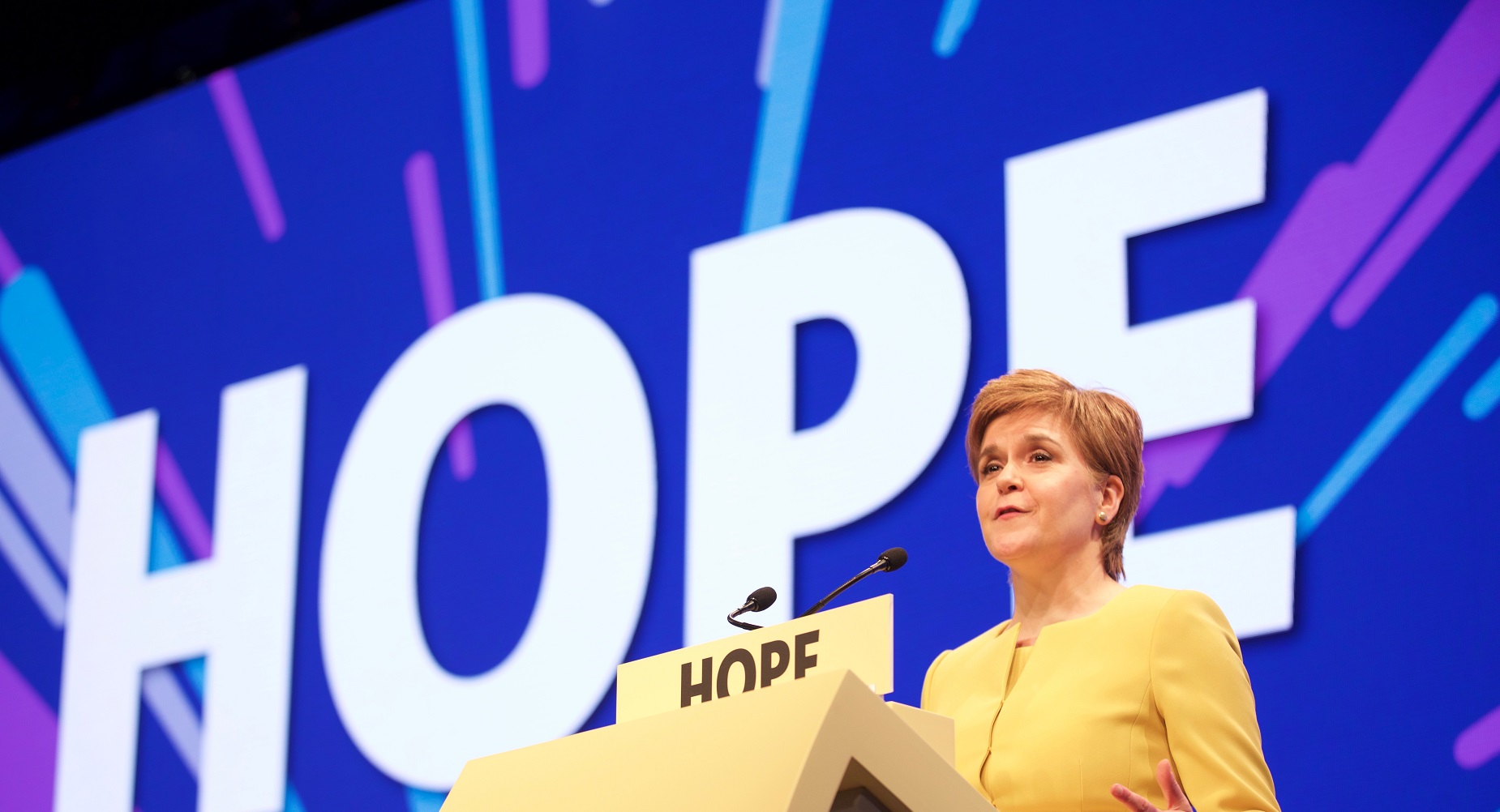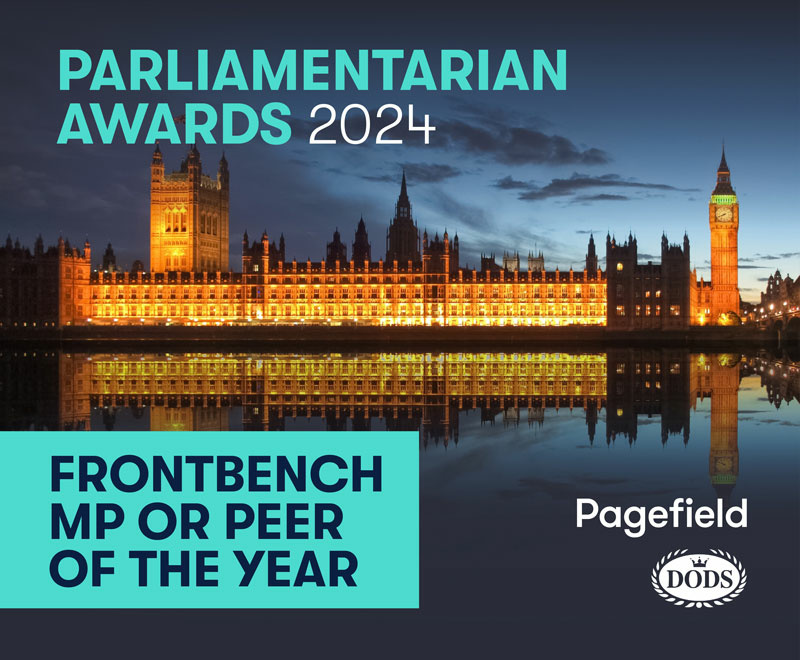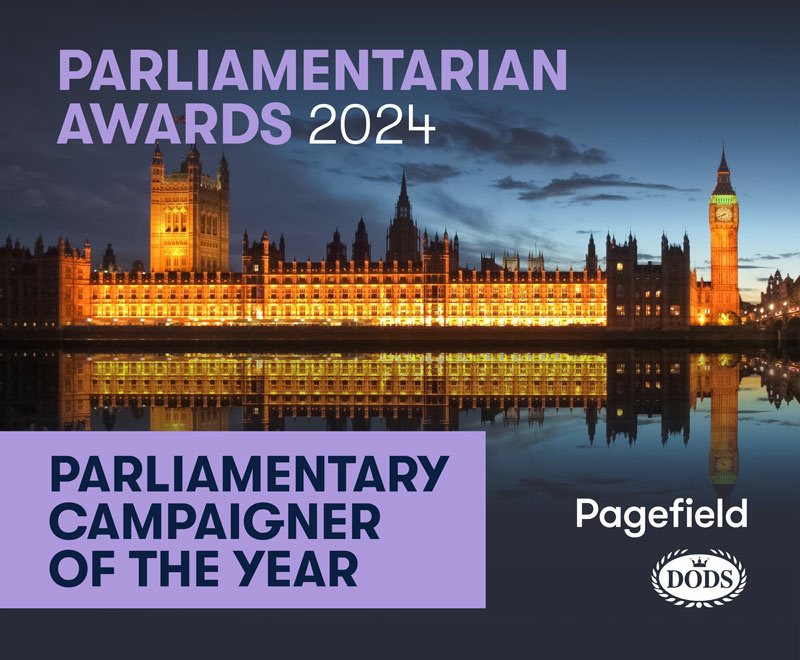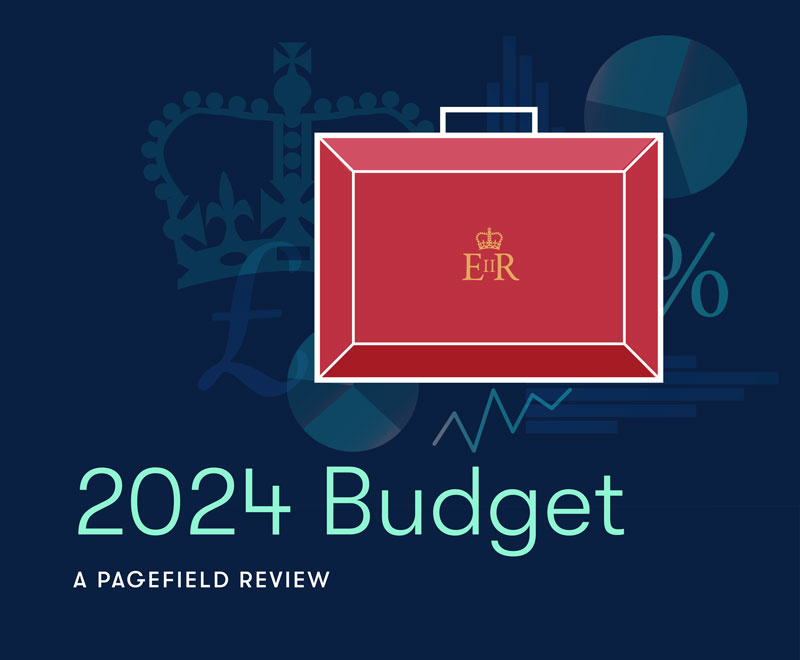John Crawford, Director of Public Relations at Halogen Communications, Pagefield’s partner pr agency in Scotland, provides an overview of the election from north of the border.
Anyone who’s been following the latest polling in Scotland would be forgiven for thinking the SNP are about to sweep almost every one of the 59 Scottish Westminster seats and declare the forthcoming result as a mandate for a new independence referendum, only five short years since the previous ‘once in a generation’ event.
Despite spending less than £100,000 on the EU Referendum in 2016, and being outspent by pub chain J.D. Wetherspoon, the SNP have reinvented themselves, in light of the ongoing Brexit impasse, as champions of Europe. Never mind the fact that if Scots had voted to leave the UK in 2014 Scotland would be out of Europe and unlikely to be any closer to re-entry five and a half years later, in no small part due to the enormous deficit the country currently has.
However, First Minister Nicola Sturgeon and her party have proved once again to be excellent campaigners and have been consistently targeting Scotland’s 62% remain voters, somewhat successfully it would appear on the face of things.
The election may not be as straightforward as it appears, however, with a number of key factors coming into play. While the timing of the election very much suits the SNP, with the trial of former First Minister Alex Salmond not starting until the beginning of next year, the media coverage of that case will, to some degree, have damaged the governing party’s reputation in some people’s eyes.
Also, UK pollsters have a habit of overestimating the SNP vote due to the fact that their supporters are far more likely to speak up for their party of choice whereas other party supporters might be more inclined to keep their voting preference private. In addition, despite the election coming about because of the Brexit impasse at Westminster, many Scots voters will see this as another opportunity to cast their votes on a leave/remain basis for Scottish independence. The popularity of the Johnson government north of the border will also be a major issue and would appear to be a factor in some people’s party of choice.
There’s no doubt the likely winners will be the SNP but it’s the size of the win, the number of seats and the momentum that certain results will bring. In fairness to the polling companies, this election will be very hard to predict as there are so many factors at play. It will be interesting to see if the aforementioned Salmond trial will have any impact, or if Corbyn’s and Johnson’s promise of no new Scottish independence referendum, if either of them wins, and if Jo Swinson’s ‘stop Brexit’ strategy win them any more seats in Scotland. Will Ruth Davidson’s departure from frontline politics damage the Scottish Tories’ chances of keeping the seats they won in 2017? Will Scottish Labour’s haemorrhaging of support in Scotland continue?
Whatever happens the SNP will continue to push for another independence referendum, despite what Boris and Jeremy might say. What will be interesting is how they explain that unravelling a union of 300 years will be straightforward when leaving a union of 30 years seems so difficult to achieve.




